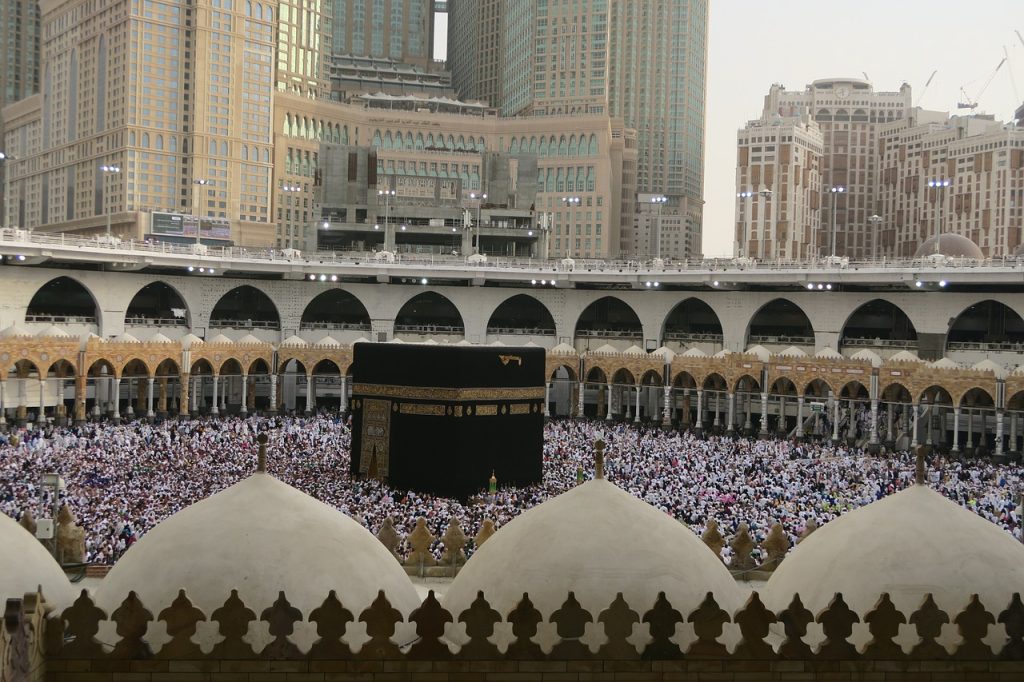Aïd el-Kébir celebrates faith and obedience to God
Others are reading now
Aïd el-Kébir, also known as Aïd al-Adha, is a significant Muslim holiday that commemorates a key event in the Quran.
This “Festival of Sacrifice” is observed by sacrificing a sheep, goat, or cow, reflecting the story of Prophet Abraham (Ibrahim) who was willing to sacrifice his son in obedience to God. This year, Aïd el-Kébir will begin on June 16, 2024, as determined by astronomical calculations.
The Meaning and Rituals of Aïd el-Kébir
Aïd el-Kébir celebrates faith and obedience to God, marked by the story of Abraham who was ready to sacrifice his son Ismaël, but was stopped by an angel and given a ram to sacrifice instead.
The holiday involves communal prayers, animal sacrifices, and sharing of meals. The sacrifice is divided into three parts: one for the family, one for friends and neighbors, and one for those in need.
Also read
Aïd el-Kébir: Significance and Observance
The festival emphasizes charity and community, with Muslims encouraged to dress in their best clothes, give gifts, and perform acts of charity. The phrase “Aïd Moubarak” is commonly exchanged, meaning “Blessed Festival.”
The celebration also coincides with the conclusion of the Hajj pilgrimage, one of the five pillars of Islam, reinforcing the holiday’s deep spiritual and communal significance.
The Hajj pilgrimage is a profound aspect of Islamic faith, bringing together millions of Muslims from around the world to the holy city of Mecca, and Aïd el-Kébir marks the end of this sacred journey.








